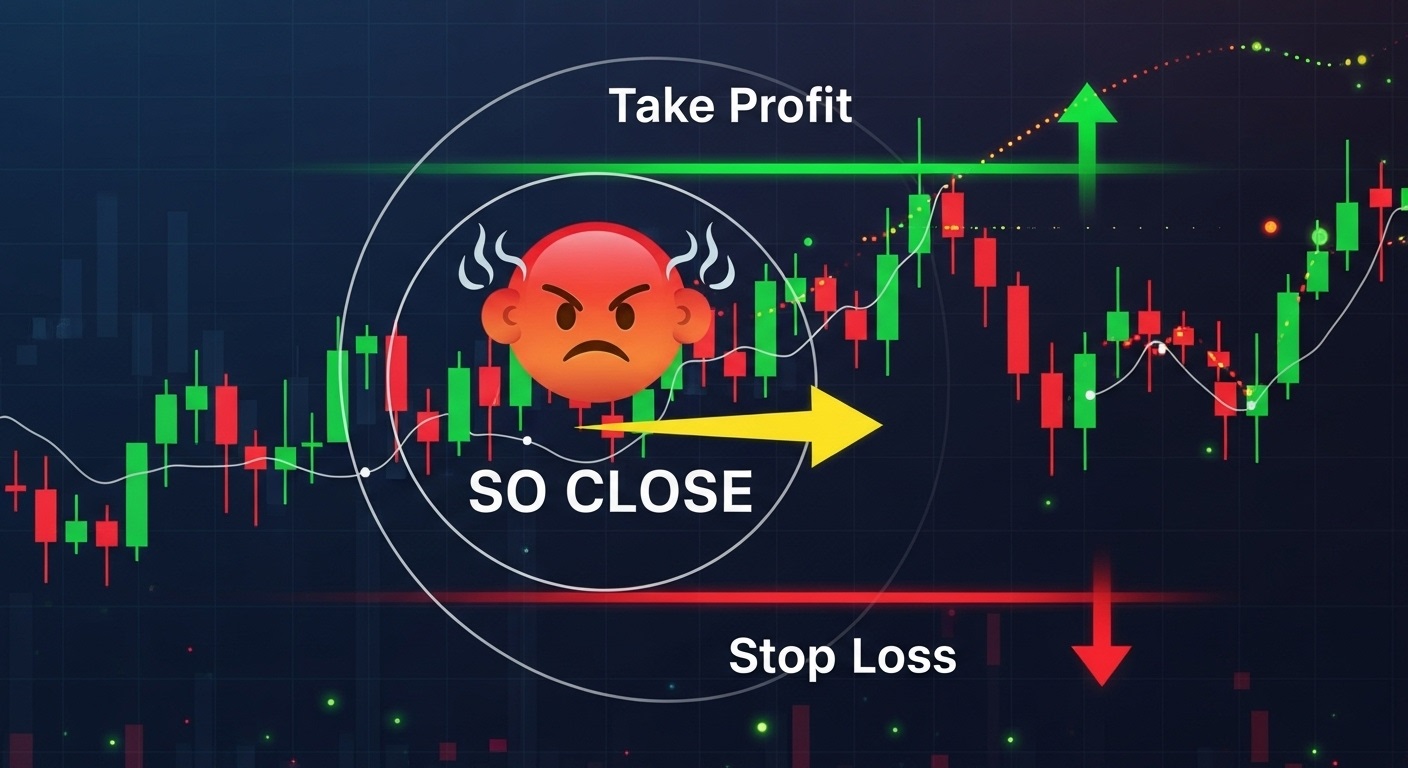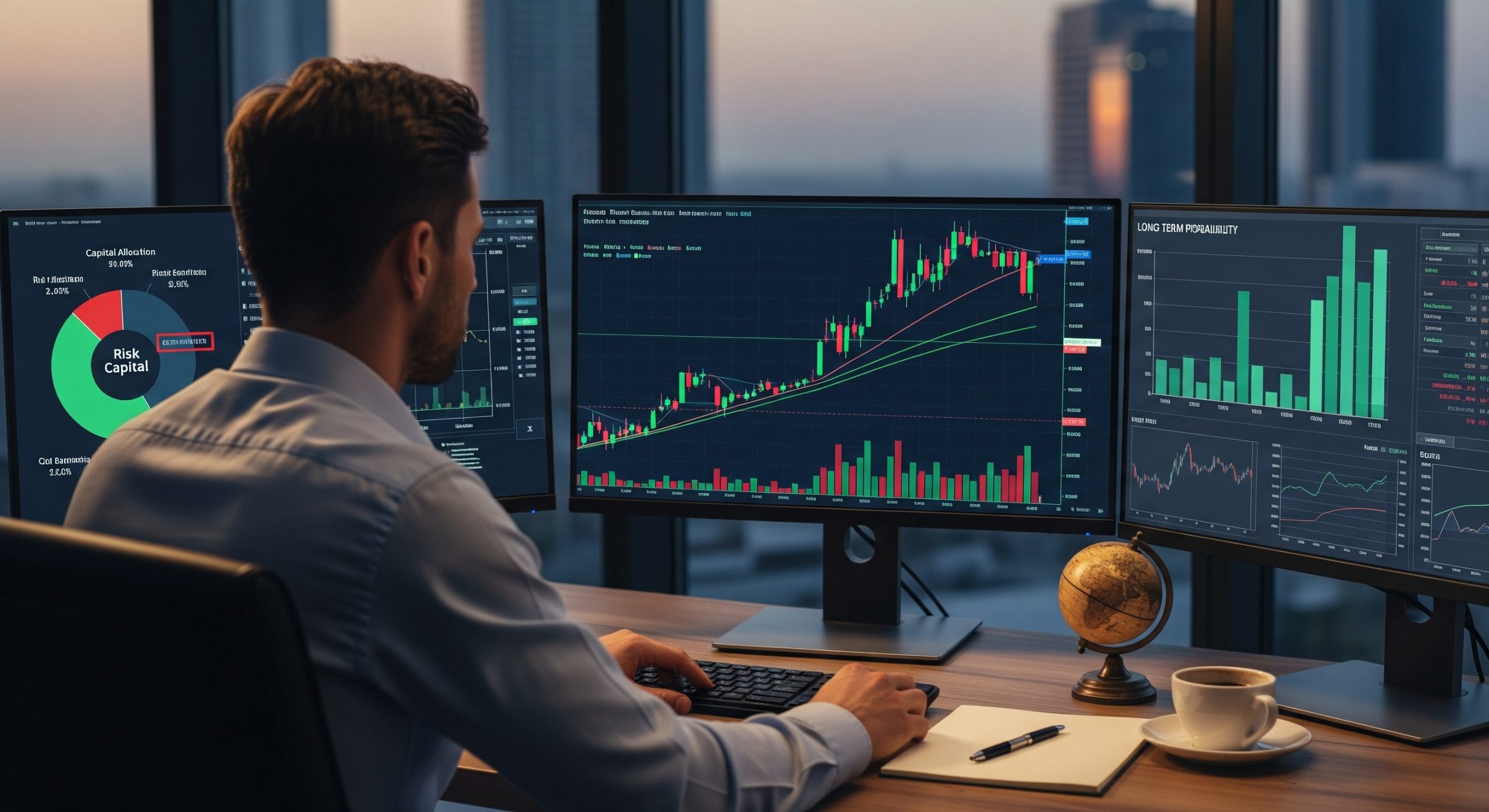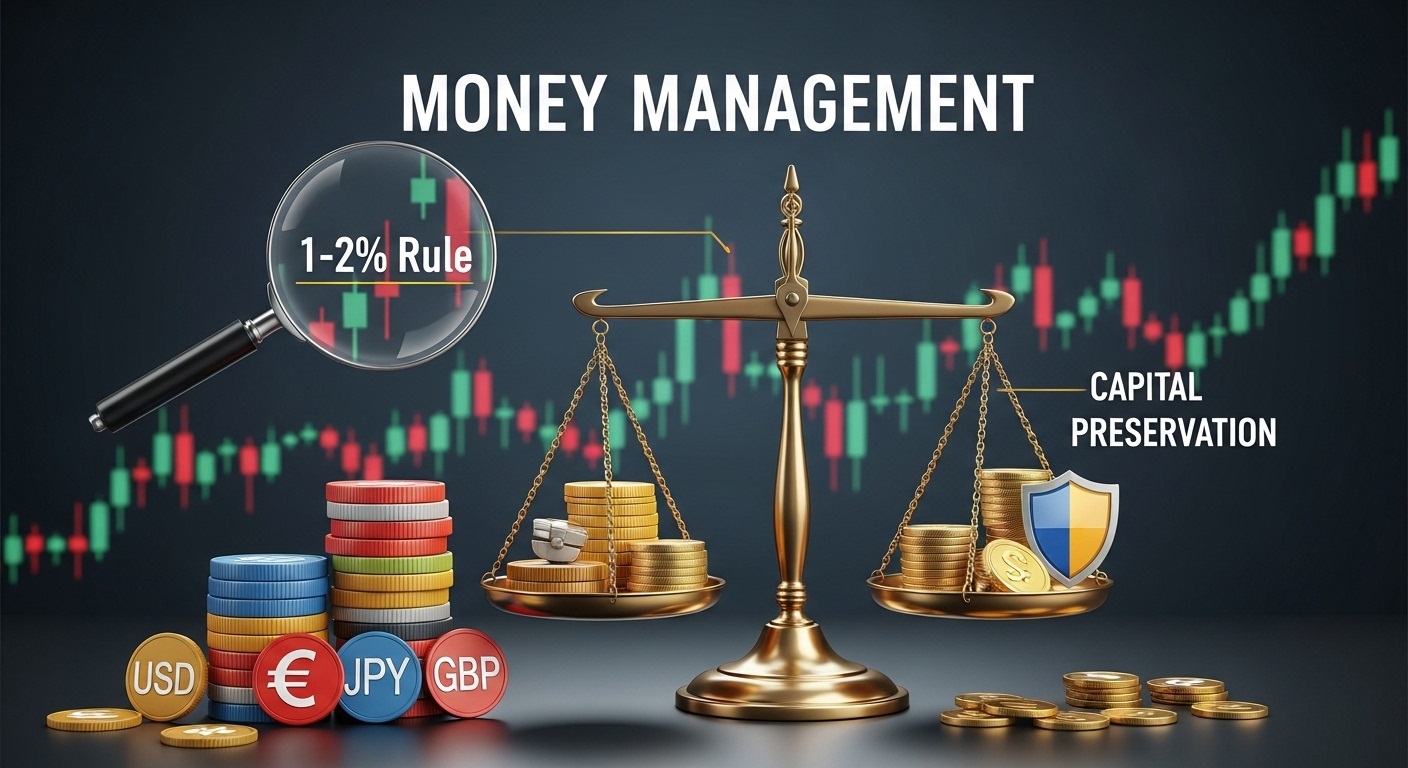How to Learn Forex Trading for Beginners
If you are new comer then you have a question How to Learn Forex Trading for Beginners? Forex trading for beginners can seem daunting, but with a clear road map and consistent practice, anyone can navigate the currency markets successfully. This guide breaks down the essentials, offering actionable steps and tips to kick start your trading journey.
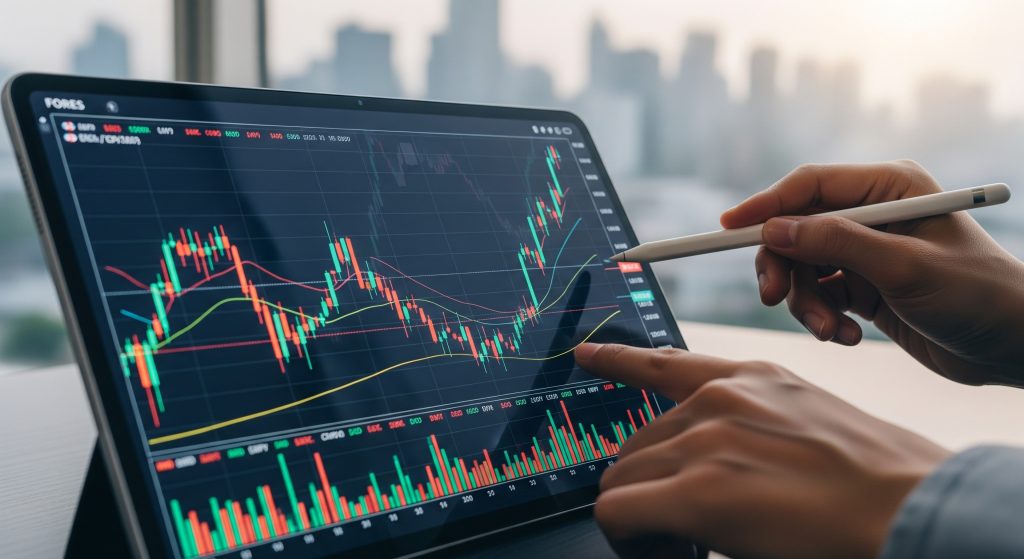
Understanding the Forex Market
The foreign exchange (Forex) market is the world’s largest financial market, with over $6 trillion traded daily. Unlike stocks, Forex trading involves buying one currency while simultaneously selling another, quoted in pairs (e.g., EUR/USD). Key participants include central banks, institutional investors, corporations, and retail traders. Understanding market structure, trading sessions (Tokyo, London, New York), and major currency pairs lays a strong foundation.
Build a Solid Knowledge Base
- Learn the Basics: Grasp fundamental concepts such as currency pairs, pips, lots, leverage, and margin.
- Study Market Drivers: Monitor economic indicators (GDP, interest rates, inflation) and geopolitical events that influence currency movements.
- Explore Trading Platforms: Familiarize yourself with popular platforms like MetaTrader 4/5 or cTrader. Practice navigating charts, placing orders, and using built-in tools.
Develop a Trading Plan
A structured trading plan mitigates emotional decisions and sets clear objectives.
- Define Goals and Risk Tolerance: Determine realistic profit targets and how much you’re willing to risk per trade (commonly 1–2% of capital).
- Select a Trading Style: Choose from day trading, swing trading, or position trading based on your time availability and personality.
- Set Entry and Exit Rules: Establish precise criteria for entering and exiting trades, including stop-loss and take-profit levels.
Master Technical and Fundamental Analysis
- Technical Analysis: Study price action, chart patterns (head and shoulders, double tops), and indicators (moving averages, RSI, MACD). Backtest strategies on historical data to gauge performance.
- Fundamental Analysis: Analyze economic calendars to track releases like non-farm payrolls, central bank decisions, and trade balance reports. Understand how these events impact currency valuations.
Use a Demo Account
Before risking real money, open a demo account to practice:
- Apply Your Strategy: Simulate trades with virtual funds to refine your approach under live market conditions.
- Track Performance: Keep a detailed trading journal documenting entry/exit points, rationale, and outcomes. Review periodically to identify strengths and weaknesses.
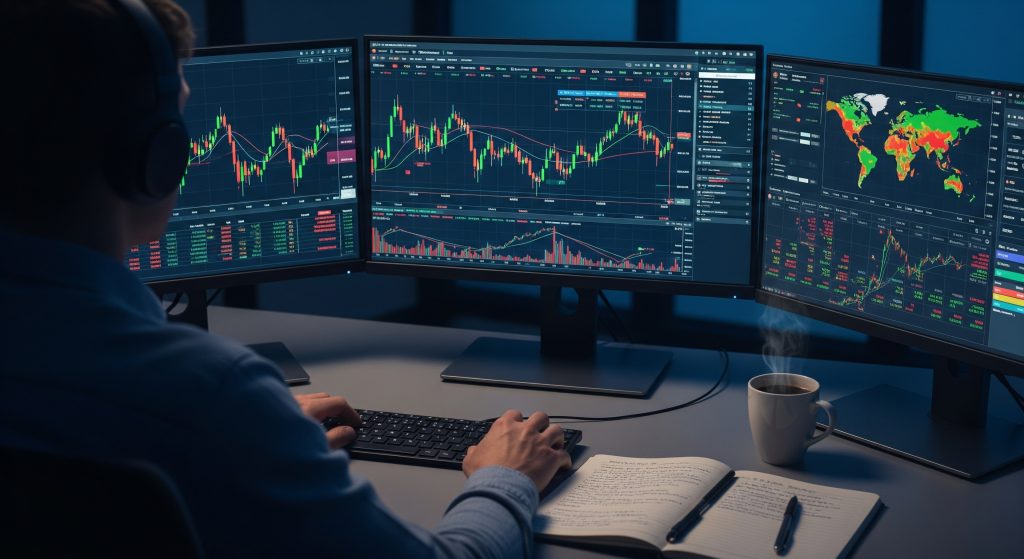
Implement Risk Management
Effective risk management preserves capital and ensures long-term survival:
- Position Sizing: Calculate lot sizes according to risk tolerance and stop-loss distance.
- Risk-Reward Ratio: Aim for trades with at least a 1:2 risk-reward ratio to ensure potential rewards justify the risk.
- Diversification: Avoid overexposure to a single currency pair; spread risk across multiple pairs with low correlation.
Cultivate the Right Mindset
Psychology plays a critical role in trading success:
- Stay Disciplined: Follow your trading plan without deviation, even after losses or winning streaks.
- Manage Emotions: Keep fear and greed in check by using preset risk controls.
- Continuous Learning: Regularly review trades, read industry news, and adapt to evolving market conditions.
Transition to Live Trading
When consistently profitable on a demo account:
- Start Small: Fund a live account with an amount you can afford to lose.
- Gradual Scaling: Increase trade size slowly as confidence and capital grow.
- Maintain Discipline: Treat live trading with the same rigor as demo practice; avoid impulsive decisions.
Final Thought about Forex Trading
In conclusion, embarking on Forex trading for beginners is an empowering journey that demands patience, discipline, and ongoing education. By following a structured plan, practicing diligently on a demo account, and managing risk wisely, you’ll build the confidence and skills needed to navigate the currency markets. Remember, consistent success in forex comes from continuous learning and adaptability, stay curious, stay disciplined, and let each trade be an opportunity to grow.



